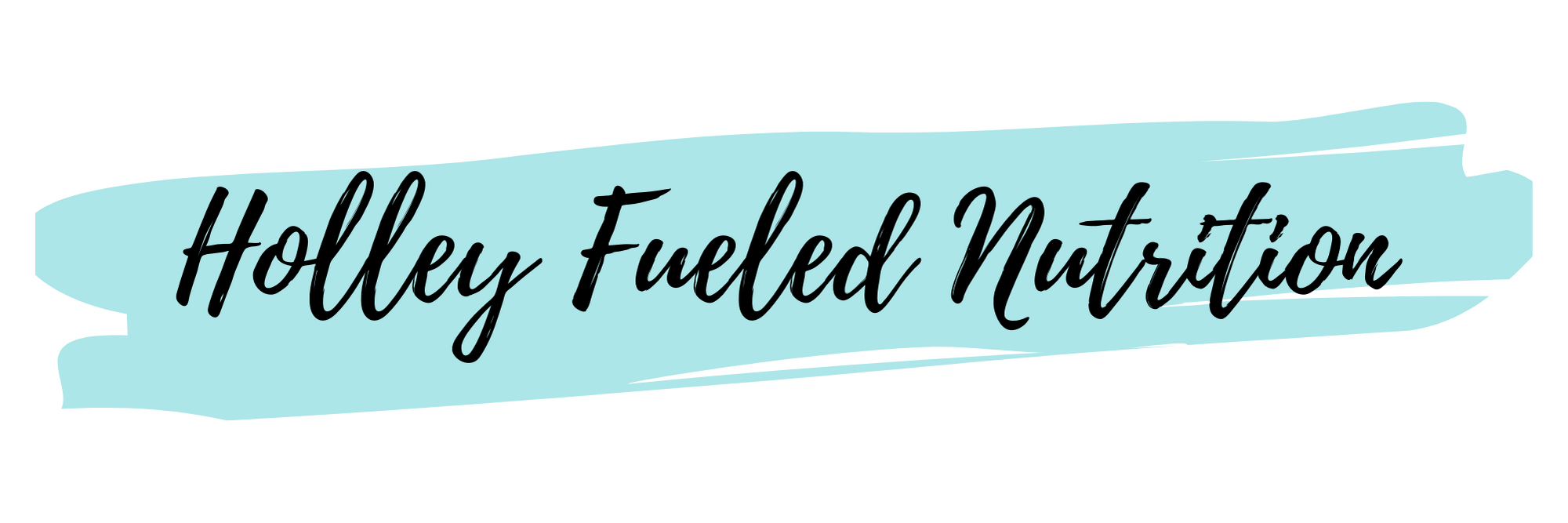What To Eat Pre Run
What To Eat Pre Run
By Holley Samuel MEd, RD, LD, CSSD, CPT
Fueling for runs is one of the most significant things a runner can do to get the most out of their training session. Fueling properly helps prevent injury by providing the body with adequate energy to complete the workout safely and repair muscles and also improves recovery before the workout has even happened. Going into a run without eating anything may lead to increased fat oxidation (burning fat for energy over carbohydrate), but with that it can also lead to muscle breakdown, decreased performance during training due to lack of carbohydrates, amplified hunger cues later in the day, energy crashes later in the day, and potentially a whole other host of health problems if running fasted leads to chronic underfueling.
Chronic underfueling can lead to a condition called relative energy deficiency in sport (RED-S), which affects all body systems significantly. This can turn a health promoting running habit into an unhealthy and potentially dangerous situation. If eating pre run is new or if a runner experiences gastrointestinal distress during runs when they eat pre run, here are a couple of suggestions to try:
Aim for low fiber, easy to digest carbohydrates
Avoid fat and high amounts of protein or fiber pre run
Stay hydrated with electrolytes and fluids; liquid fuel may even sit better
Start small, with 15-20g of carbohydrate for a few runs and then increase that dose by 10-15g (see examples below)
The gut has to be trained just like muscles to become more efficient taking on fuel pre run. Some runners have more sensitive digestive tracts than others and may have to be more intentional and mindful during this process. Once runners gain confidence including pre run fuel, they can start to aim for recommended carbohydrate amounts depending on the duration and intensity of their activity.
Generally speaking, runners should aim for about 30-60g of carbohydrates pre exercise for activities an hour long or shorter. Examples of these amounts may include:
1 large banana
4 graham cracker rectangles
2-3 dates
12oz juice
12-16oz sports drink like Gatorade Endurance, Tailwind, Maurten, UCAN, or Skratch Labs
1 cereal or granola bar (look for low fiber, fat, and protein options)
1 cup cereal
1-2 applesauce pouches
1 gel
1 serving gummy candies
1 piece of toast with 1 TB jam
Stroopwaffel
1-2 serving pretzels, goldfish, crackers
For activities longer than an hour, runners should aim for about 60-90g carbohydrate pre run, with some runners needing even more depending on their individual needs and for durations over 2 hours in length. Runners may also need more time to digest this amount of carbohydrates, depending on their individual gut transit times. If runners do have more time (over 2 hours) to digest this larger amount of food, they may also include a small amount of protein and fiber. Examples may include:
1 bagel with 1 TB peanut butter and 1 tsp honey
1 PB&J sandwich
1 cup oatmeal with 1 banana
3 pancakes with ¼ cup maple syrup
4 graham cracker rectangles + 1 serving sports drink
1 granola bar + 2 applesauce pouches
Sandwich or wrap with 1-2 cups of fruit on the side
Quinoa salad with roasted potatoes
It may be beneficial for runners to write down what they eat pre run on their training plans or in a food diary to keep track of what foods work well for them or any symptoms that arise. That way they can adjust what they are eating if needed and continue experimenting with various foods. For very early morning runners who don’t have time to digest a lot of food pre run, it may benefit them to choose liquid forms of carbohydrate, take a gel or some chews with some water during the first mile of their run to fuel, or consider having a carbohydrate rich bedtime snack to top off glycogen (stored carbohydrate) stores the night before to help. Pre run fueling doesn’t have to be complicated- runners need to gradually introduce pre run fuel and find what works best for them.
Need more fueling ideas? Download my FREE Fueling on the Run Guide here!
